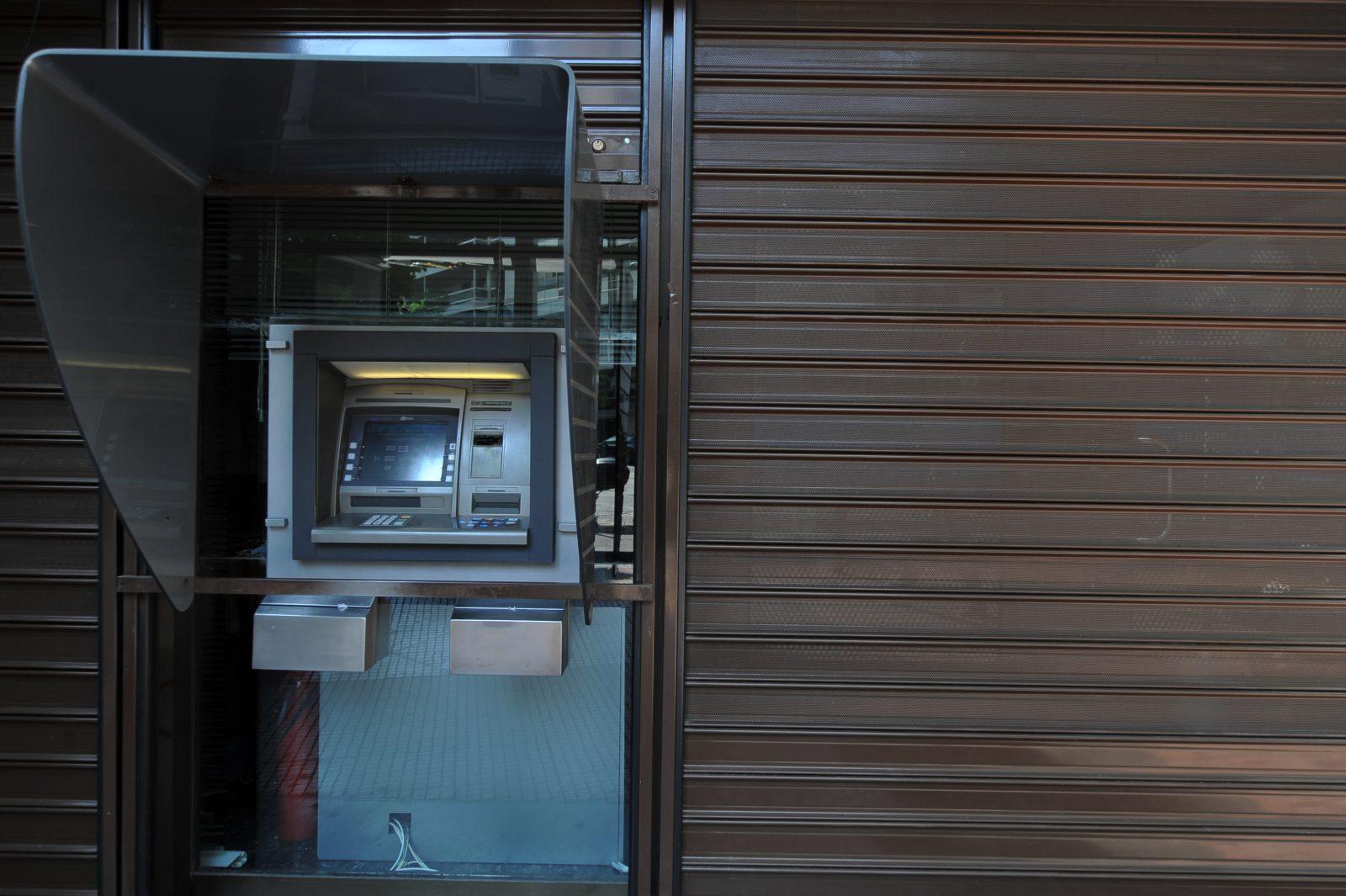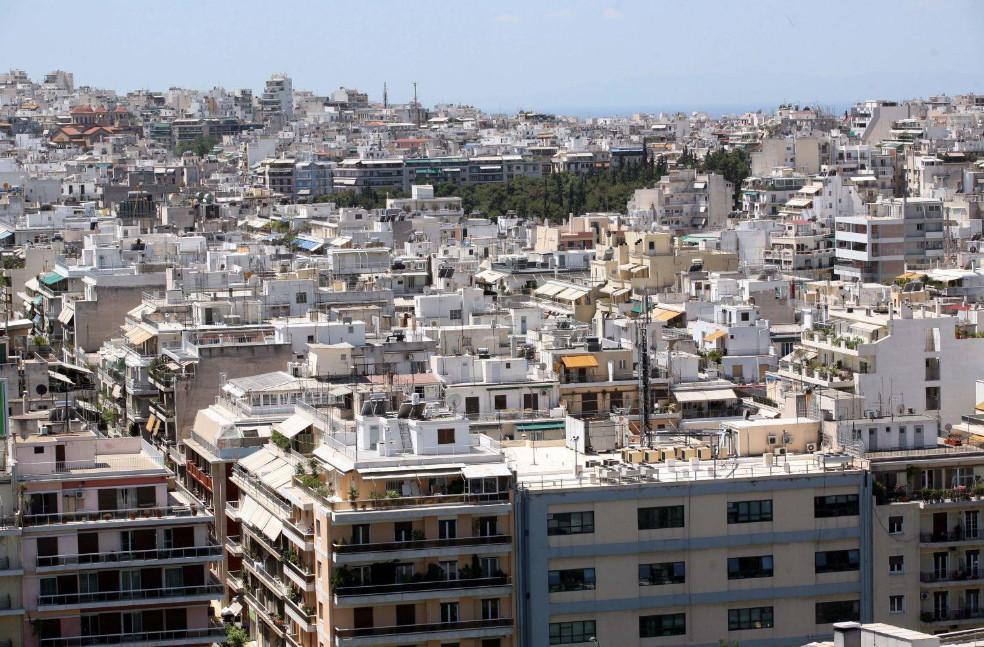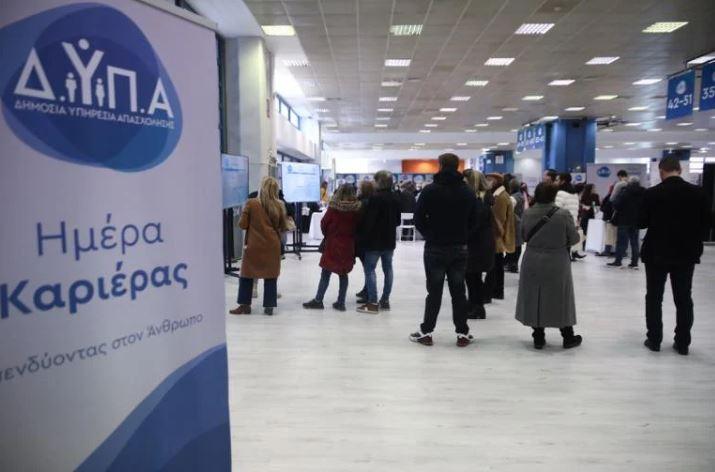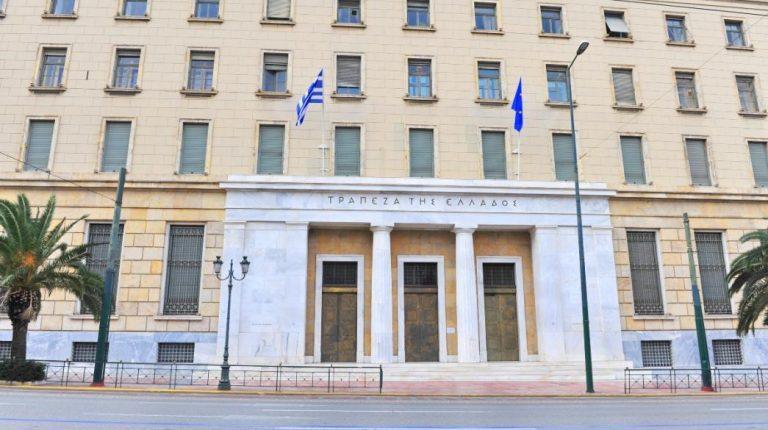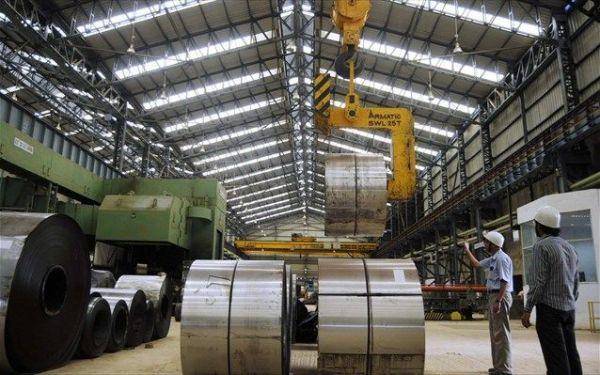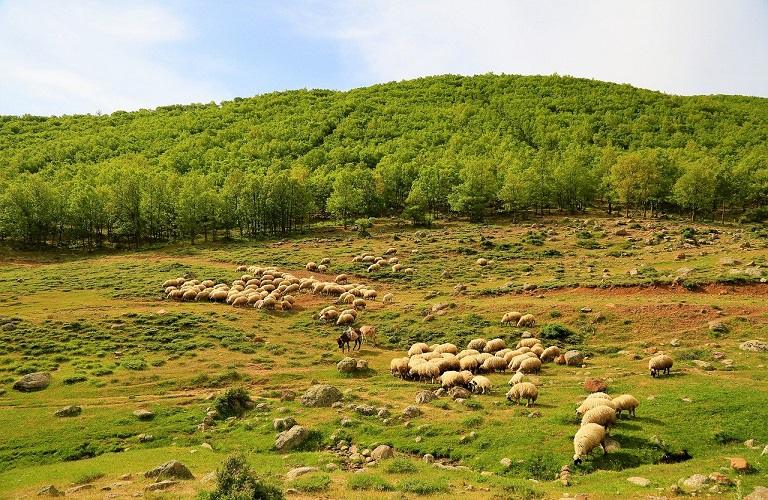In the midst of a climate of intense concern and uncertainty about the course of oil prices in the international markets, the distribution of heating oil begins on Friday.
The invasion of Hamas fighters and the counterattack of the Israeli army in Gaza, causes uncertainty in the markets.
The size and scope of the impact on the international oil markets cannot be predicted, much less the formation of product prices in the local markets.
The starting price for heating oil
Market agents speaking to OT estimate that with today’s data, its availability will start around 1.40 – 1.43 euros per liter, however they leave open the possibility that the price will move below 1.39 euros per liter. Close to the level that started last year when its price was set at 1.33 euros after the discount provided by the companies and the government subsidy of 25 cents per liter.
It is reminded that this year the state subsidy does not exist. Even the big oil trading companies in Greece have not laid their cards on the table in terms of providing discounts.
Heating allowance
Households will be supported in anticipation of the winter through the granting of the heating allowance. The amounts remain the same as last season, however the income criteria have been expanded for families with children.
This means that more households with children will receive a benefit this year. However, for the first time a limit is being established for the turnover of taxpayers who are engaged in business activity while the double allowance received last year by those who turned their backs on natural gas is abolished.
In particular the new winter season:
– Over 1 million households will receive a heating allowance ranging from 100-800 euros depending on the region and the composition of the household, while in very cold areas the allowance reaches up to 1,000 euros.
– The income limit remains at 16,000 euros for the unmarried and at 24,000 euros for the married but increases for families with children from 3,000 euros for each child to 5,000 euros for each child. This means that the income threshold for a household with one child is set from 27,000 euros to 29,000 euros, for a household with two children the income threshold rises from 30,000 euros to 34,000 euros and for a household with three children the income criterion increases from 33,000 euros to 39,000 euros.
– For natural persons carrying out business activity, a turnover limit of up to 80,000 euros per year is set for the first time. This means that freelancers and the self-employed who declared a gross income of more than 80,000 euros to the Tax Office this year are automatically excluded from the heating allowance.
– The heating allowance will be granted to natural persons, who for their heating consume heating oil or lighting oil (blue kerosene) or natural gas or LPG or firewood or biomass (pellets) or thermal energy through district heating and meet the prescribed income and assets Criteria.
– The allowance will be granted to natural persons, for the properties, which they use as their main residence at the time of submitting the application, whether they are leased or freely granted or owner-occupied. Especially for the granting of a heating subsidy to consumers of firewood and biomass (pellets), an additional condition is set that the property is located in a settlement with a population equal to or below 10,000 inhabitants and the corresponding subsidy coefficient is equal to or greater than 0.8.
– The basis for calculating the heating allowance is set at 350 euros, for all beneficiaries which will be multiplied by a subsidy coefficient, called the “degree day coefficient” and scaled from 0.12 to 1.62 depending on the cold that prevails in each region of the country, in order to determine the amount of allowance to which each interested party is entitled. In addition, the amount of the allowance, as formed after multiplying the calculation base by the subsidy factor, will be increased for each dependent child of the beneficiary by 20%. For those beneficiaries who live in areas where the climatic conditions are characterized by extreme cold in winter and the subsidy factor is equal to or greater than 1, the subsidy amounts will be further increased by 25% with the maximum amount reaching up to 1,000 euros (instead of 800 euros).
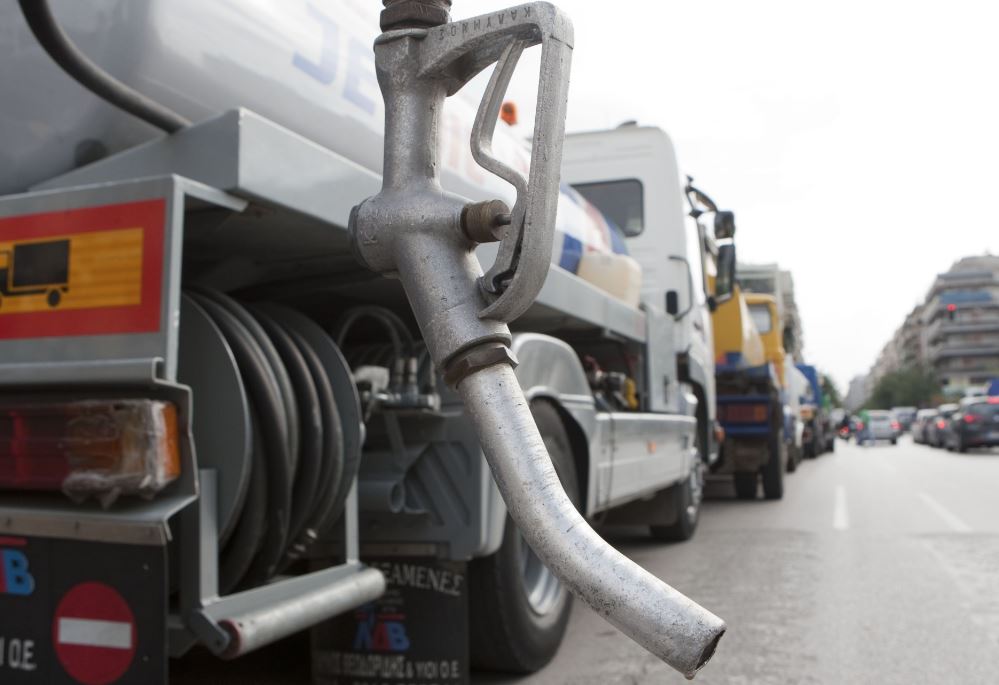










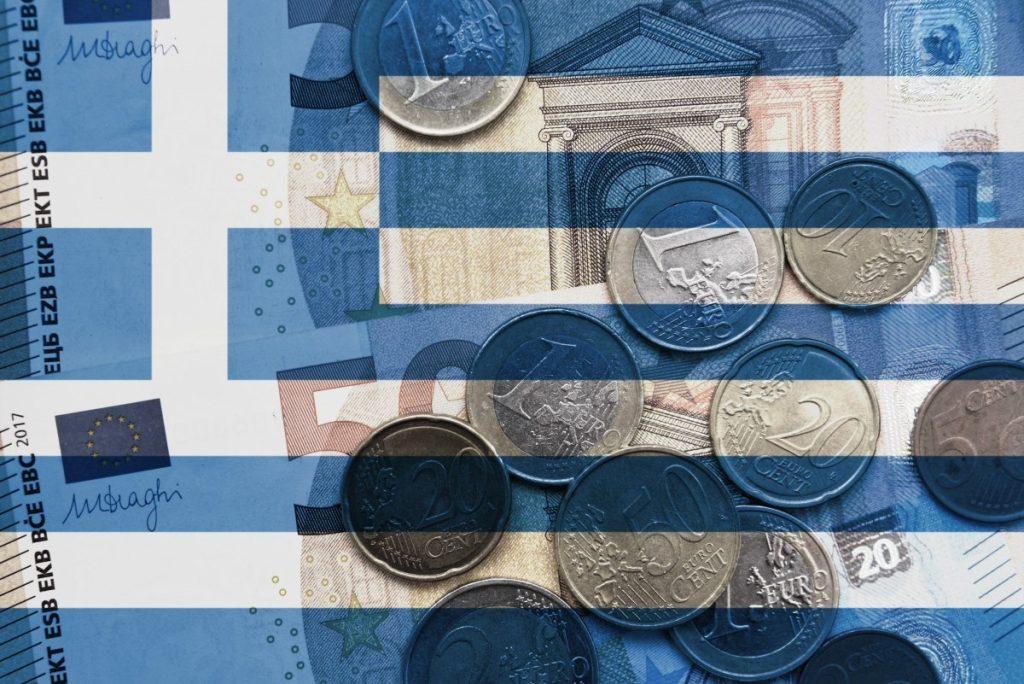

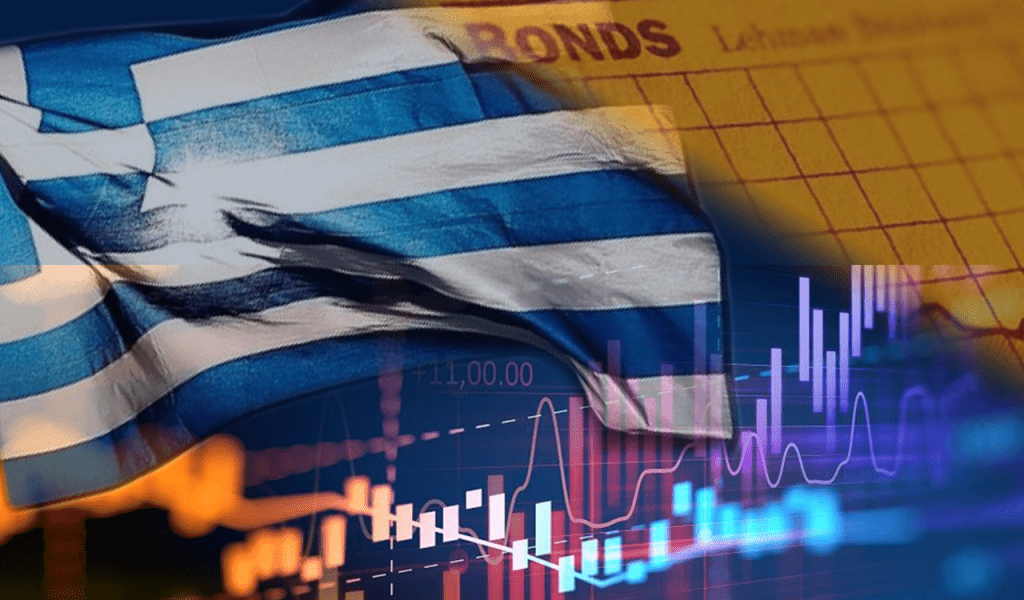



![Ελαιόλαδο: Ανάκαμψη στην παραγωγή, πίεση στην κατανάλωση – Τι αλλάζει έως το 2035 [γραφήματα]](https://www.ot.gr/wp-content/uploads/2025/07/elaiolado.2023-1.jpg)






